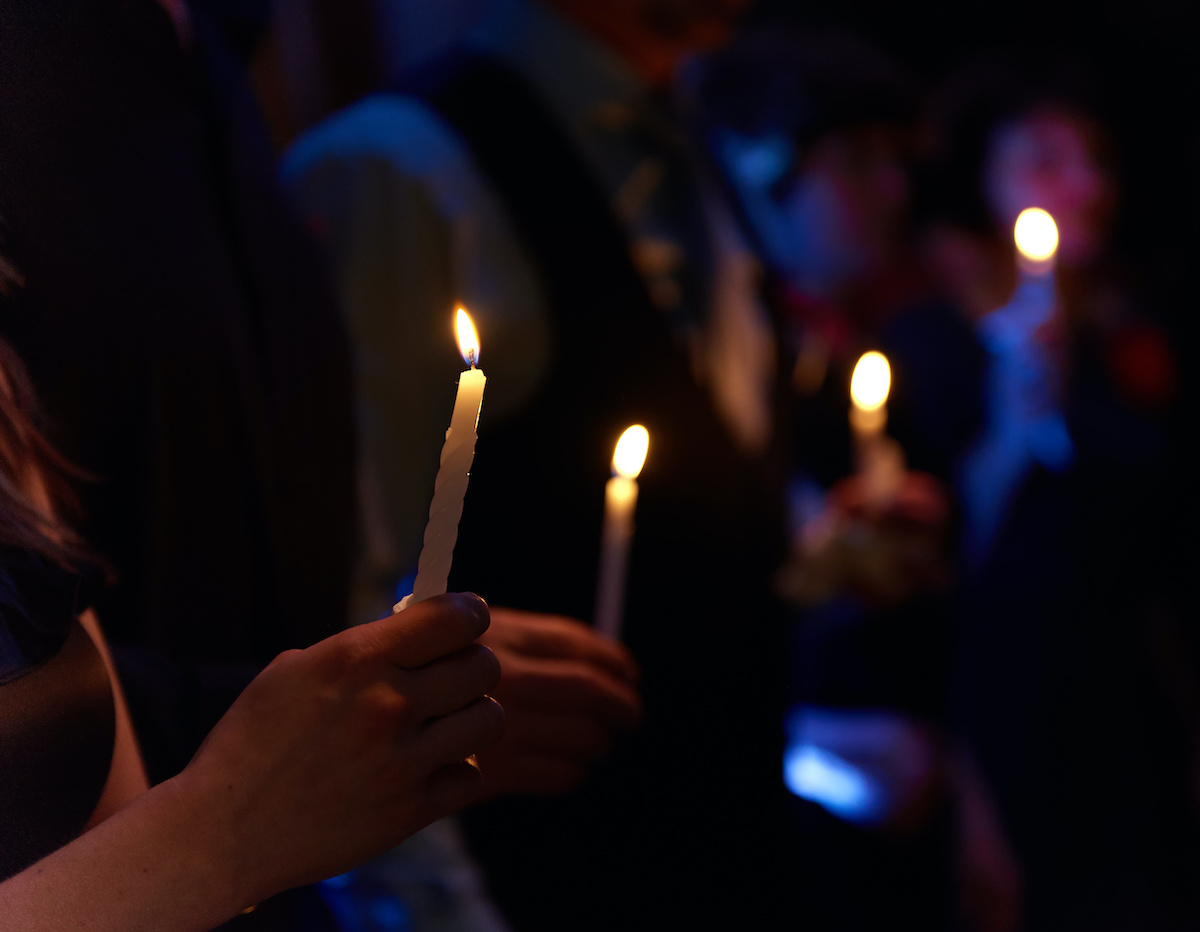
This is a special edition of Reimagining Justice This Month. In conjunction with National Crime Victims’ Rights Week, from April 7-13, we’re shining a light on stories about survivors of violence, and how they’ve responded to their experiences with trauma and healing.
Dealing with Trauma After A Mass Shooting — Over The Long Term, NPR
“I don’t believe that people ever ‘get over it,’” said Sherrie Lawson, a survivor of the 2013 shooting at the Washington Navy Yard. After suffering months of panic attacks, she was diagnosed with PTSD, anxiety, and depression, and she felt increasingly isolated from some friends and family. Her story speaks to the reality of the immense trauma that survivors endure.
A Couple Provides Support For Those Affected By Mass Shootings, CBS
A couple whose daughter died in the Aurora, Colorado shooting are using their experience to provide assistance to other survivors of mass shootings.
‘We’ve lost so many’: Columbine, Sandy Hook and Parkland shooting survivors struggle with suicide, guilt, USA Today
Many survivors of horrific violence go on to fight for change that will prevent further tragedy and trauma. But stories like that of Jeremy Richman — the father of a child killed in the Sandy Hook Elementary School shooting — remind us of the urgency of understanding and truly meeting survivors where they are to ensure that they can heal.
The Keeper of the Secret, The Washington Post
From 1877 to 1950, at least 4,000 African Americans were lynched in the U.S. Families of lynching victims, and the communities that surrounded them, harbored immense fear and trauma for generations. Now, a survivor of our nation’s horrific legacy is seeking his own form of reconciliation by getting to the truth of what may have been the last lynching on record.



